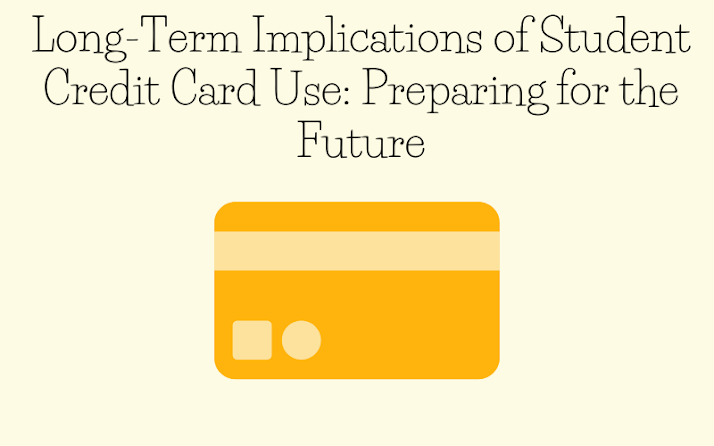If the Credit Card Is Not Used, Should There Be Any Issue?
One of the most widely used payment methods across the globe is credit cards, and when it comes to India, many people wonder about the best credit cards in India. They come in various forms, including secured and unsecured credit cards, and offer several benefits such as cashback rewards, discounts, and convenience. Many people assume that if they're not using their credit cards, there shouldn't be any issues. However, that's not entirely true. Let’s explore the potential issues that can arise from not using your credit card and what you can do to prevent them.
Inactivity Fees
Many credit card issuers may also charge an inactivity fee if you don't use your card for an extended period. The length of time before the inactivity fee is charged varies depending on the issuer, but it can be as little as three months or as long as a year. The inactivity fees can range from Rs. 100 to Rs. 500 per month, which can add up over time and lead to unnecessary expenses.
Decrease in Credit Limit
Credit card issuers may decrease your credit limit if your card is inactive for an extended period. A lower credit limit can harm your credit score by increasing your credit utilization ratio. This can occur if the issuer thinks you don't need the current limit. Your credit score may decrease with a higher credit utilization ratio.
Expiration of Rewards
If you have a rewards credit card and don't use it for an extended period, your rewards may expire. Some rewards programs have expiration dates, and if you don't use your card to earn or redeem rewards, they may expire. This can be especially frustrating if you've accumulated a significant amount of rewards.
Risk of Fraudulent Activity
Another potential issue of not using your credit card is the risk of fraudulent activity. If you're not monitoring your account, you may not notice fraudulent charges on your card. This can happen even if you're not using your card since your card information can still be stolen through data breaches or other methods. It's important to monitor your credit card account regularly to catch any fraudulent activity early.
Impact on Credit Score
Not using your credit card can also have an impact on your credit score. Your credit score is determined by several factors, including your credit utilization ratio, payment history, and length of credit history. If you're not using your credit card, it can lower your credit utilization ratio, which can negatively impact your credit score.
Additionally, if you don't use your card for an extended period, it can decrease the length of your credit history, which can also lower your credit score.
So, what measures can be taken to avoid these problems? The first step is to use your credit card regularly, even if it's just for small purchases. This can prevent inactivity fees, maintain your credit limit, and keep your rewards active. You should also monitor your account regularly to catch any fraudulent activity early.
If you're concerned about overspending or accumulating debt, you can set a budget for your credit card purchases and pay off your balance in full each month. This can help you maintain a healthy credit score and avoid debt.
Conclusion
Not using your credit card can lead to potential issues such as inactivity fees, a decrease in credit limit, expiration of rewards, risk of fraudulent activity, and an impact on your credit score. To prevent these issues, use your credit card regularly, monitor your account, set a budget, and pay off your balance in full each month. By doing so, you can maintain a healthy credit score and enjoy the benefits of your credit card without any issues.
Read More: Advantages of using credit card EMIs



.png)
Comments
Post a Comment